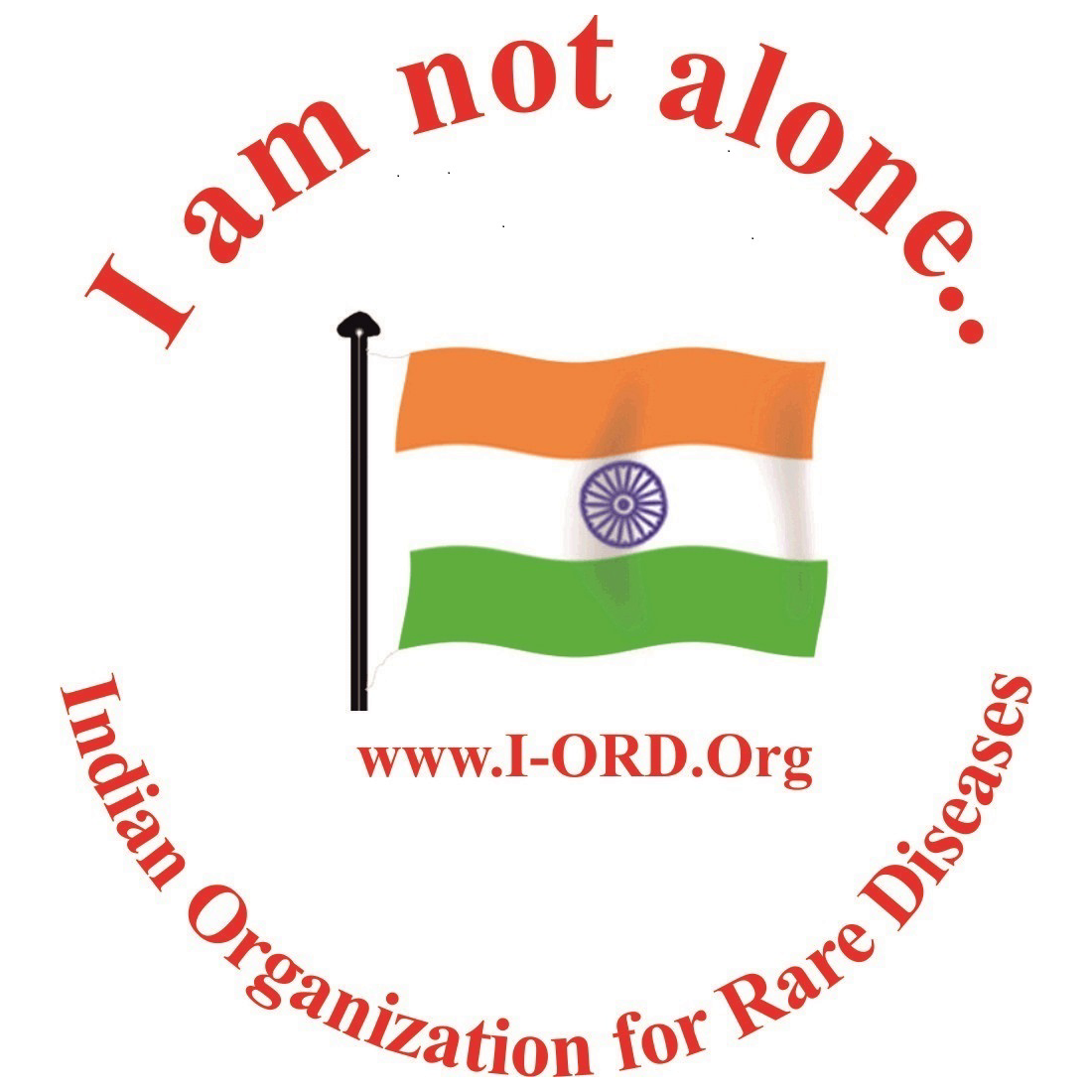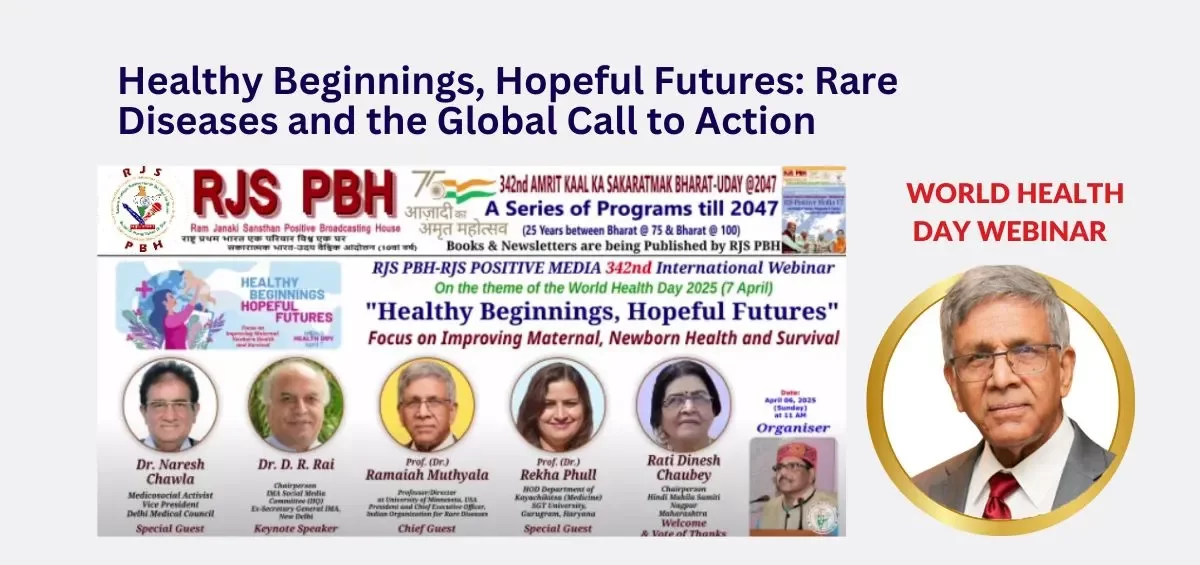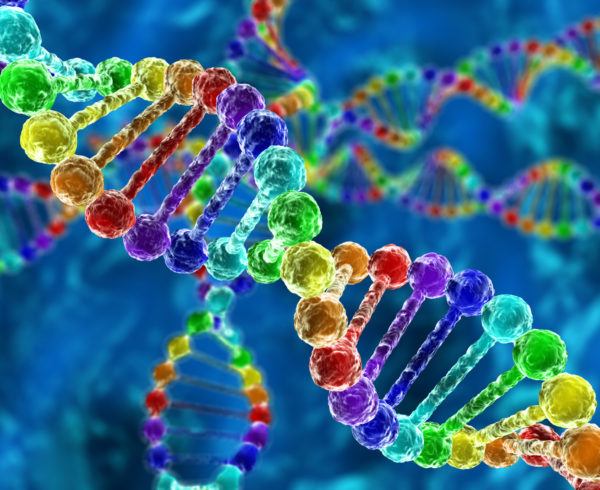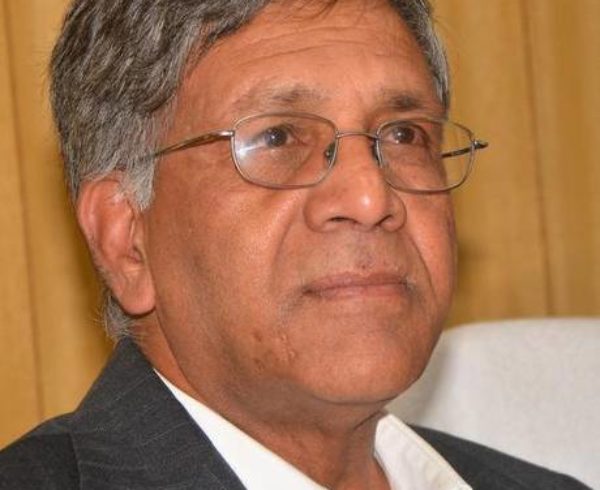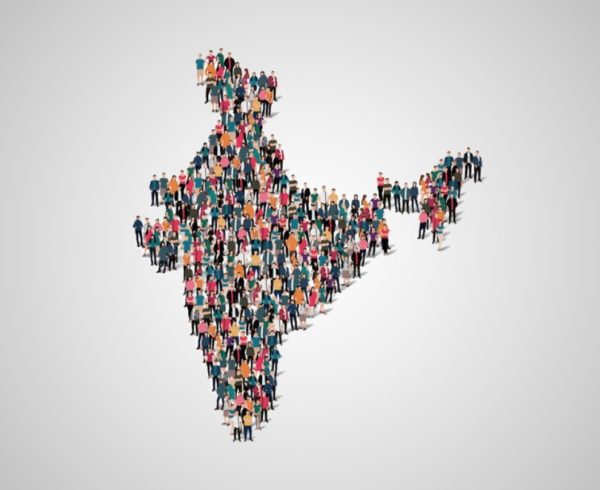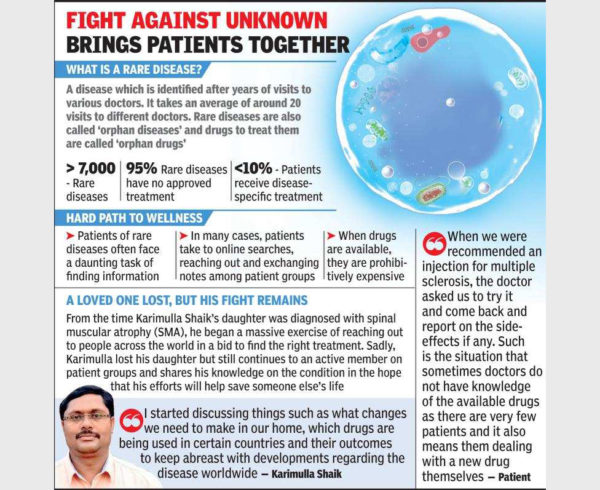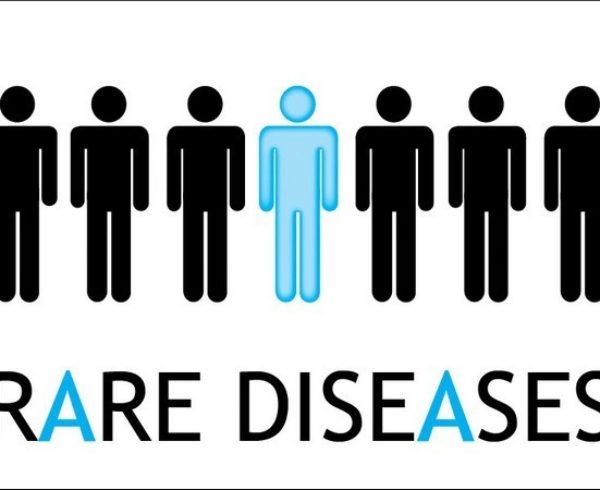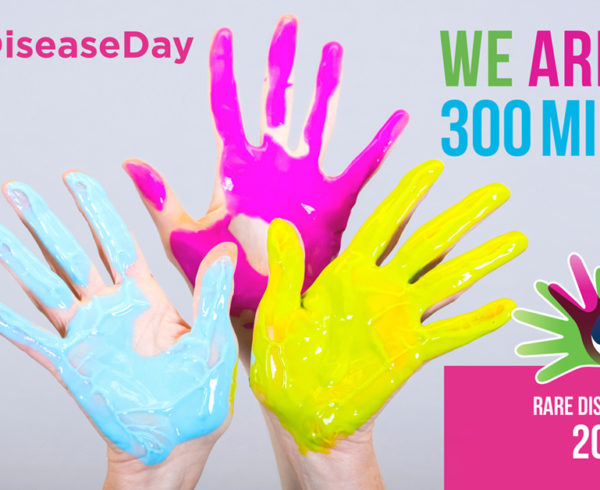The following is the transcript of the address delivered by Prof. (Dr.) Ramaiah Muthyala, President & CEO, Indian Organization for Rare Diseases (IORD), Professor & Director, University of Minnesota, USA on the theme “Healthy Beginnings, Hopeful Futures: Rare Diseases and the Global Call to Action”, presented during the 342nd International Webinar organized by RJS PBH – RJS Positive Media on the occasion of World Health Day 2025.
Thank you very much for giving me this opportunity to speak.
Introduction:
Today is April 7th — World Health Day. Established in 1948 by the World Health Organization, this day highlights the urgent need to address global health challenges and push for policy reforms that improve health outcomes for all. Unfortunately, the right to health for millions around the world continues to be threatened, which is why campaigns like World Health Day urge governments to eliminate preventable deaths and enhance healthcare accessibility.
Rare Diseases: A Silent Global Crisis
Often, when a child is born with a health condition, especially one that cannot be cured, the mother is unjustly blamed. Stigma around rare diseases still prevails globally.
Tragically, about 300 million people worldwide are genetically different—60% of them are children who do not live to see their 5th birthday. These rare diseases are frequently chronic, progressive, disabling, and life-threatening. Most have no cure, and many remain undiagnosed.
In India, though each rare disease affects a relatively small number of people, collectively, about 90 million people suffer from over 7,000 rare diseases. One-third of the global rare disease population is expected to live in India.
Due to globalization, genetic conditions are no longer isolated by geography. Migration, famine, conflicts, and global movement mean these diseases are now a worldwide concern, not just local issues. That makes this discussion timely and relevant for World Health Day.
The Origin and Mission of IORD
In 2005, we established the Indian Organization for Rare Diseases (IORD) — the first NGO in India dedicated to this cause. Our mission is to raise awareness, promote early diagnosis and treatment, and advocate for public policies and social structures that support rare disease patients.
We collaborate with patient groups, governments, researchers, pharma companies, and many stakeholders. Thanks to these efforts, the term “rare disease” is no longer unfamiliar in India. IORD helped shape India’s National Policy for Rare Diseases, influenced clinical trial amendments, supported PLI schemes, and facilitated CSR funding eligibility.
Global Momentum in Rare Disease Advocacy
Let’s look at how the rare disease movement has evolved globally:
- United States:
In the 1980s, families and advocates formed a coalition that led to the Orphan Drug Act of 1983, offering incentives to develop treatments for rare diseases. This gave rise to the National Organization for Rare Diseases (NORD), which continues to work closely with Congress, FDA, NIH, and global stakeholders. Since then, the FDA has approved over 880 orphan drugs, offering hope to more than 30 million Americans and 300 million worldwide affected by rare diseases.
- Europe:
The European Organization for Rare Diseases (EURORDIS) unites over 1,000 patient organizations from 74 countries. EURORDIS works closely with the European Commission, EMA, and national governments to harmonize rare disease policies, improve drug access, and develop national strategies. It is a founding member of Rare Diseases International and co-founder of the NGO Committee for Rare Diseases.
- United Nations & the NGO Committee for Rare Diseases:
Established in 2015, this committee aims to elevate rare diseases as global public health and human rights priorities. It brings together NGOs, civil society, experts, and policy makers. A landmark moment came in 2021, when the UN General Assembly adopted its first-ever resolution on rare diseases, recognizing the global challenges faced by affected individuals and their families.
Rare Diseases International (RDI): A Unified Global Voice
Founded in 2015, Rare Diseases International (RDI) brings together patient organizations worldwide. It advocates for:
- Health equity
- Universal coverage
- Inclusion in the UN Sustainable Development Goals (SDGs)
RDI was instrumental in the 2021 UN resolution and continues to push for rare diseases to be part of global health systems and UHC (Universal Health Coverage).
Role of the World Health Organization (WHO)
The WHO now acknowledges that health equity is impossible without addressing rare diseases. WHO supports:
- Integration of rare diseases in national health plans
- Enhanced diagnostics, research, and surveillance
- Better classification: ICD-11 now includes 5,500 rare diseases
India to the United Nations: A Global Shift
The momentum is global. What started as grassroots advocacy in India has grown to influence international health policies. Most recently:
- Egypt and Spain, with support from 24 other Member States and over 240 civil society organizations, have co-sponsored a World Health Assembly resolution to prioritize rare diseases on the global health agenda.
- A draft Global Action Plan for rare diseases is proposed at the 78th World Health Assembly in May 2025, which I hope to attend.
Conclusion: From Awareness to Action
Rare diseases are no longer invisible. They are now a part of global conversations on health equity, human rights, and sustainable development.
“Health is a blessing that only a sick person can truly appreciate.”
I thank RJS PBH for this opportunity and for hosting this impactful webinar on Healthy Beginnings, Hopeful Futures — a campaign that perfectly aligns with the World Health Day message.
Thank you all for listening.
Let’s move forward from healthy beginnings to hopeful futures, together.
